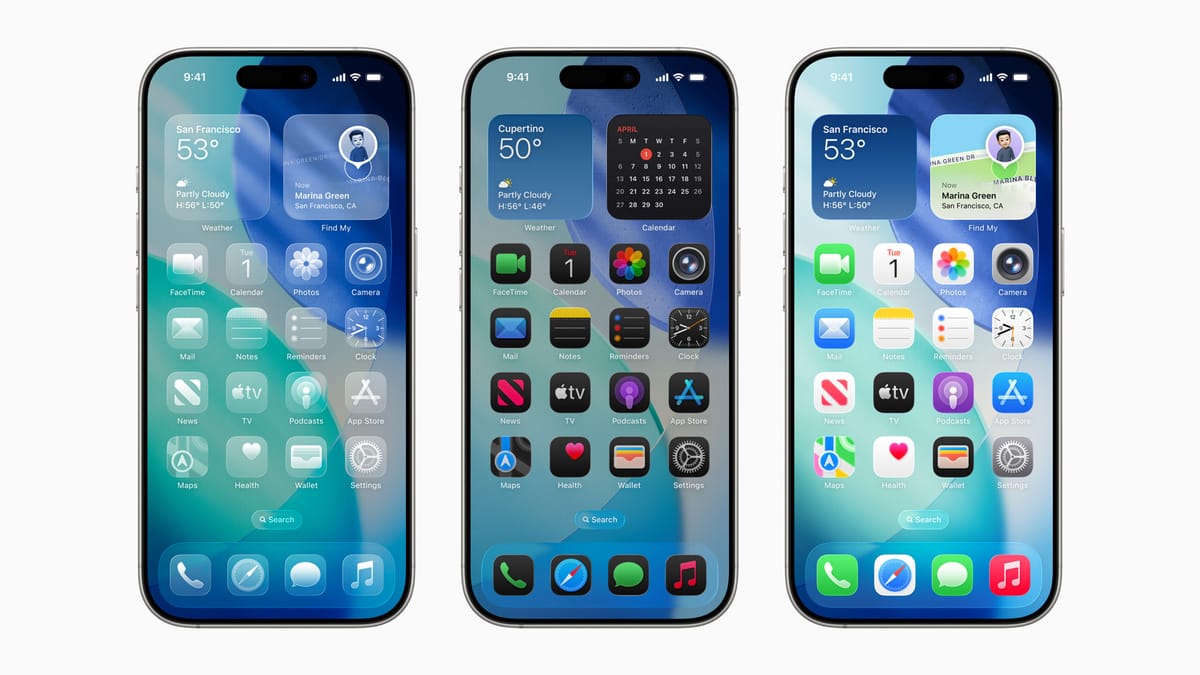Apple’s Bold Move: Ditching Version Numbers for Year-Based OS Names. Genius or Gimmick?

Apple’s WWDC 2024: A Naming Revolution or a Marketing Ploy?
Apple is shaking up its software identity in a way we haven’t seen in decades. Instead of incremental version numbers like iOS 18 or macOS 15, the company is reportedly adopting a year-based naming system for all its operating systems. But will this simplify things for users—or add confusion? Let’s dive in.
🌍 The Problem: A Messy Numbering Legacy
Apple’s current OS naming strategy has led to inconsistencies across devices:
- Version chaos: macOS 15 coexists with watchOS 12, despite launching in the same year.
- User confusion: Casual users struggle to track which OS version their device supports.
- Brand fragmentation: Different numbering systems dilute Apple’s "ecosystem" messaging.
- Competitor pressure: Samsung (Galaxy S20) and Microsoft (Windows 95) have successfully used year-based names for decades.
✅ The Solution: Year-Based Names & a Unified Design
At WWDC on June 9, Apple will reportedly announce:
- iOS 26, macOS 26, and more: All 2025 updates will carry the "26" suffix, reflecting the year after release (similar to car models).
- Design overhaul (code name: Solarium): Glass-like UI elements and deeper visual consistency across iPhone, iPad, and Vision Pro.
- AI-powered battery upgrades: A new system to optimize iPhone battery life using machine learning.
Benefits include:
- ✅ Clearer update timelines for users
- ✅ Stronger cross-device branding
- ✅ Alignment with industry trends (Samsung, Microsoft)
⚠️ Challenges: Will This Backfire?
Potential pitfalls loom:
- 🚧 Confusion with backward numbering: iOS 26 in 2025? Users may mistake it for a release from 2026.
- 🚧 Design fatigue: The "Solarium" redesign risks alienating users accustomed to Apple’s minimalist aesthetic.
- 🚧 Competitor comparisons: Critics may dismiss this as "copying" Samsung/Microsoft rather than innovating.
🚀 Final Thoughts: A Calculated Gamble
Apple’s strategy hinges on three factors:
- 📈 User education: Clear messaging to explain the year-based logic.
- 📈 Design execution: The Solarium UI must feel fresh but familiar.
- 📈 Ecosystem synergy: Seamless transitions between iPhone, Mac, and Vision Pro.
If successful, this could streamline Apple’s software identity for years. But missteps might make it feel like a marketing stunt. What do you think—smart evolution or unnecessary reinvention?
Let us know on X (Former Twitter)
Sources: Sherin Shibu. Apple Is Making a Major Change to Its Operating Systems Across All Products. Here's What We Know, May 2024. https://www.entrepreneur.com/business-news/apple-is-renaming-its-operating-systems-for-iphone-ipad/492439










